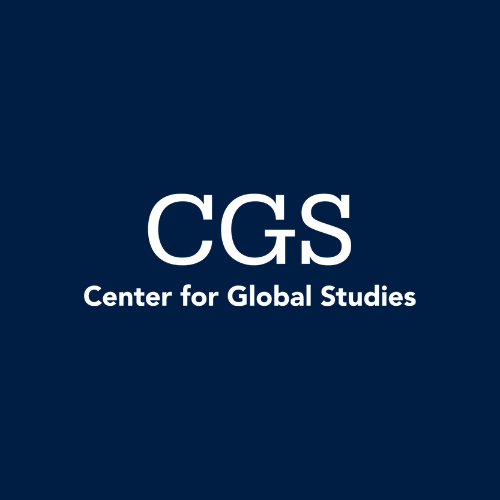Haggai Ram’s talk is concerned with the previously untold social history of hashish in Palestine-Israel from the 1920s, which coincided with the criminalization of cannabis (and other drugs), to the 1967 June War and its immediate aftermath, which dramatically transformed patterns of illicit hashish flows and illicit consumption in Israel and the Levant writ large. The book is a transregional study that follows the transition from mandatory Palestine to the State of Israel through the perspective of hashish as an illicit commodity that is smuggled across borders, traded, consumed, regulated and debated.
There is a vibrant body of scholarly writing about mandatory Palestine and the post-1948 Israeli polity. Some aspects of the transition from one entity to the other have been addressed, especially as regards the continuities and disruptions in the political and cultural horizons of the country's Jewish inhabitants, and to a lesser extent of its Palestinian inhabitants as well. Yet, to date few were the scholarly interventions that examined this transition by avoiding the pitfalls of "methodological territorialism," and still virtually none has considered it from the vantage point of the history, politics, and culture of psychoactive substances. The main significance and contribution of Illicit Flows, Illicit Consumption is that it does both.
This event is co-sponsored by Penn State History Department, The Center for Global Studies at Penn State and Penn State Jewish Studies


Occurrences
-
Tuesday, November 6, 2018, 4:00 p.m.–6:00 p.m.